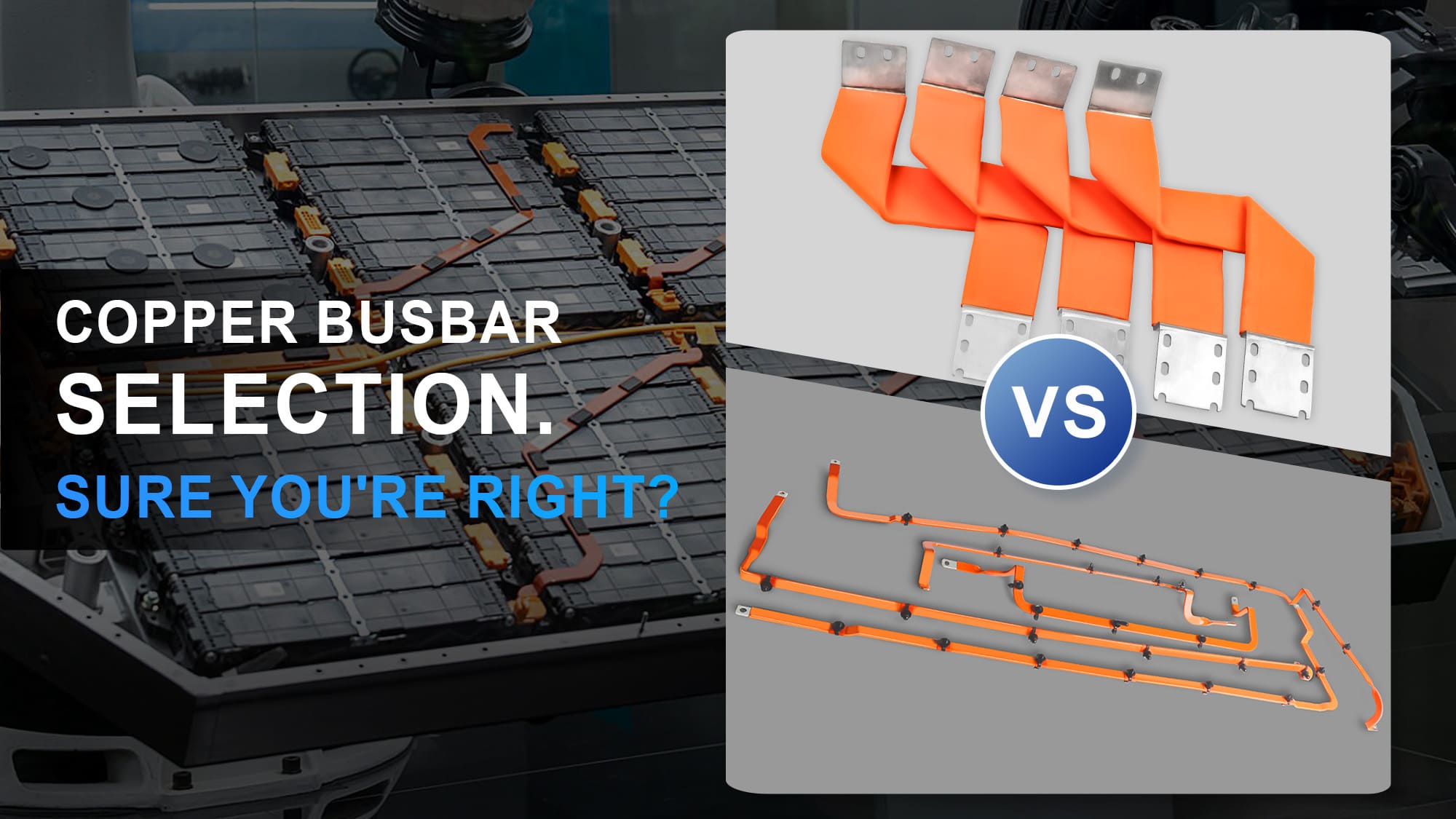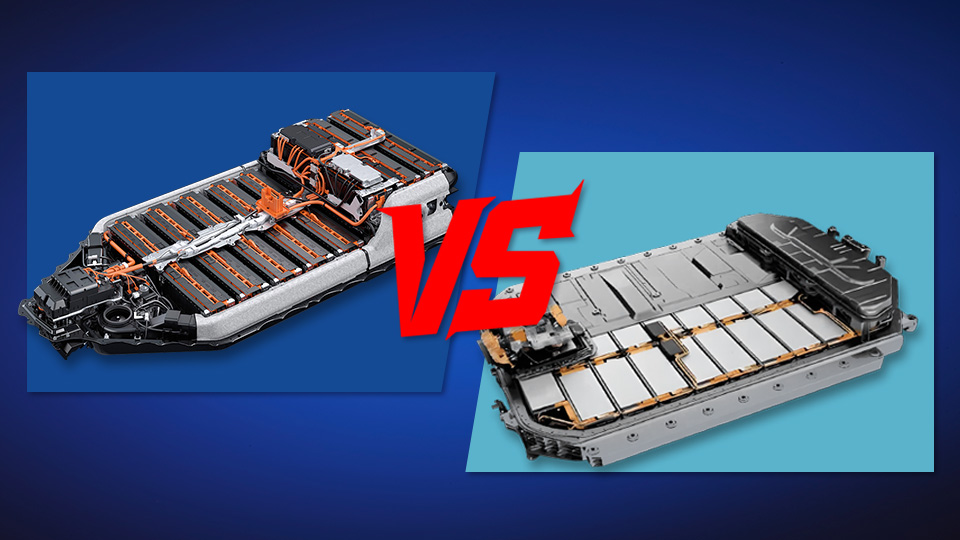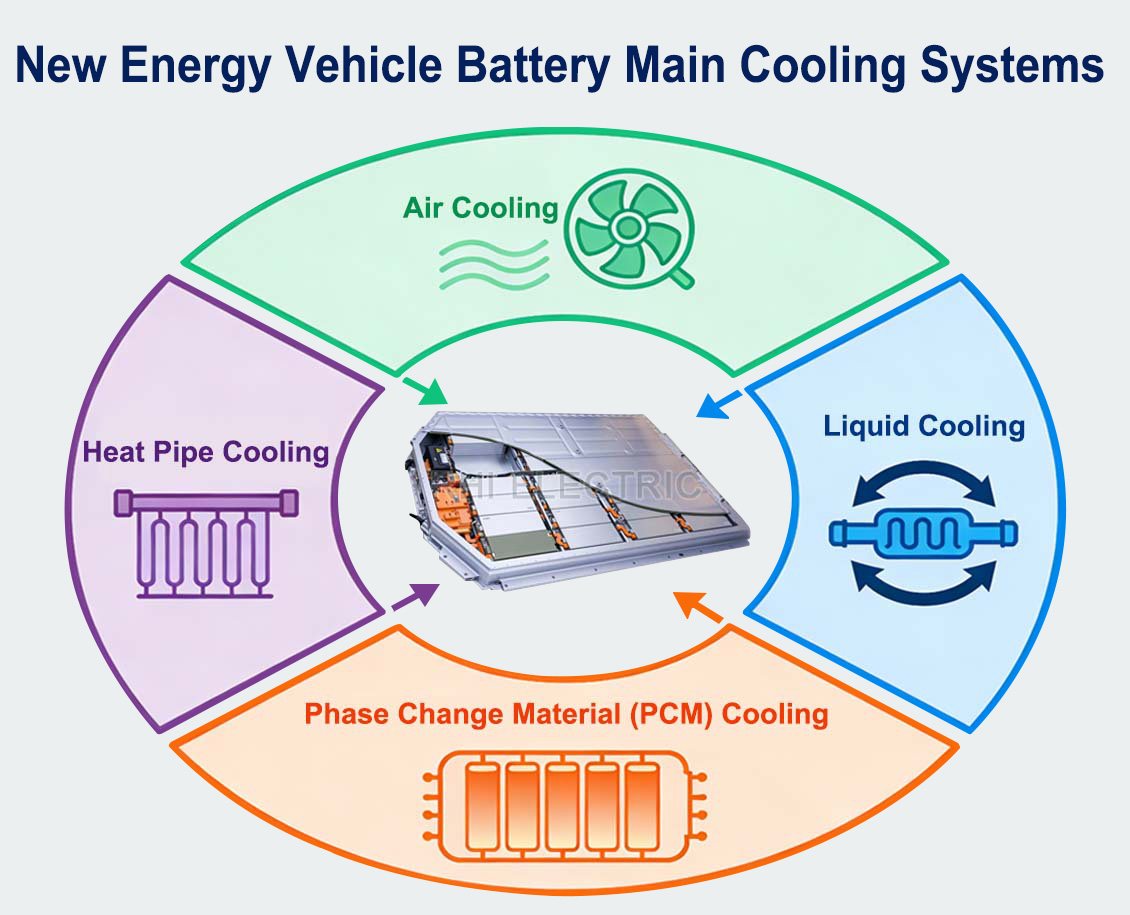Global NEV Market Sees Robust Growth in H1 2025
China Leads Global Momentum as Busbar Innovation Supports EV Evolution
The global new energy vehicle (NEV) sector continued its strong upward trajectory in the first half of 2025. According to industry intelligence firm Rho Motion, total NEV sales—including battery electric vehicles (BEVs) and plug-in hybrid electric vehicles (PHEVs)—reached 9.1 million units, reflecting a 28% increase compared to the same period last year.
China at the Forefront of Electrification
China remained the dominant growth engine, contributing more than 60% of global NEV sales with approximately 5.46 million vehicles sold from January to June. Meanwhile, Europe (1.82 million units, 20%) and North America (1.09 million units, 12%) followed as major centers of adoption. These three regions together accounted for over 90% of total global demand, underscoring continued market concentration across core geographies.
Brand Highlights and Regional Developments
According to SNE Research (August 2025 release):
- BYD led the global market with close to 2 million units sold, solidifying its leadership in both domestic and international markets.
- Geely Group climbed to second globally, driven by over 70% year-on-year growth, enabled by synchronized expansion across Asia and Europe.
- Tesla experienced a 13.2% volume decline, suggesting a temporary recalibration as it adapts to intensifying global competition.
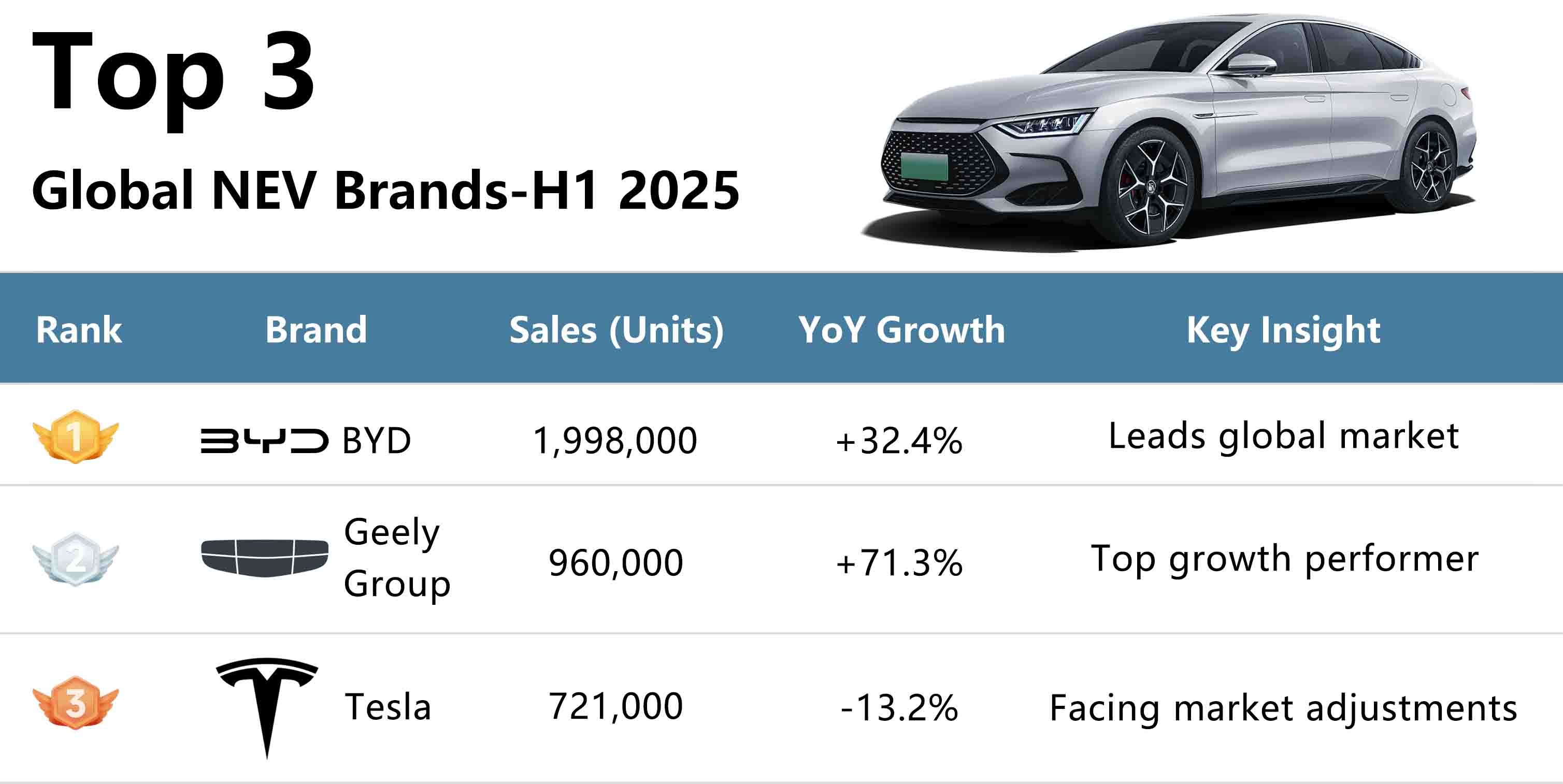
Europe:
Volkswagen Group reported 465,500 BEV deliveries worldwide in H1 2025, a 47% increase over the previous year. In Europe, its core market, the brand achieved 90% YoY growth, holding firm at 28% market share.
North America:
General Motors, bolstered by collaborations with brands like Honda and Acura, nearly doubled its NEV sales (up 94%), reaching a 16% market share. Tesla remained the segment leader at ~44%, though competitive dynamics are shifting.
Emerging Trends Shaping the NEV Industry
1. Expanding Global Competition
Beyond established leaders, several Chinese automakers—including XPeng, Li Auto, NIO, Chery, Leapmotor, and Xiaomi—are scaling up international operations, with many now ranked among the top 20 global NEV brands.
2. Electrification Strategies by Traditional OEMs
Legacy automakers like Volkswagen and General Motors are accelerating their electrification roadmaps, increasing production capacity, and launching new EV models tailored to regional market needs.
3. Supply Chain Transformation
As EV platforms evolve and system complexity increases, the spotlight is turning toward mission-critical components such as busbars—the primary conduits of high-voltage power between the battery, inverter, and drive system.
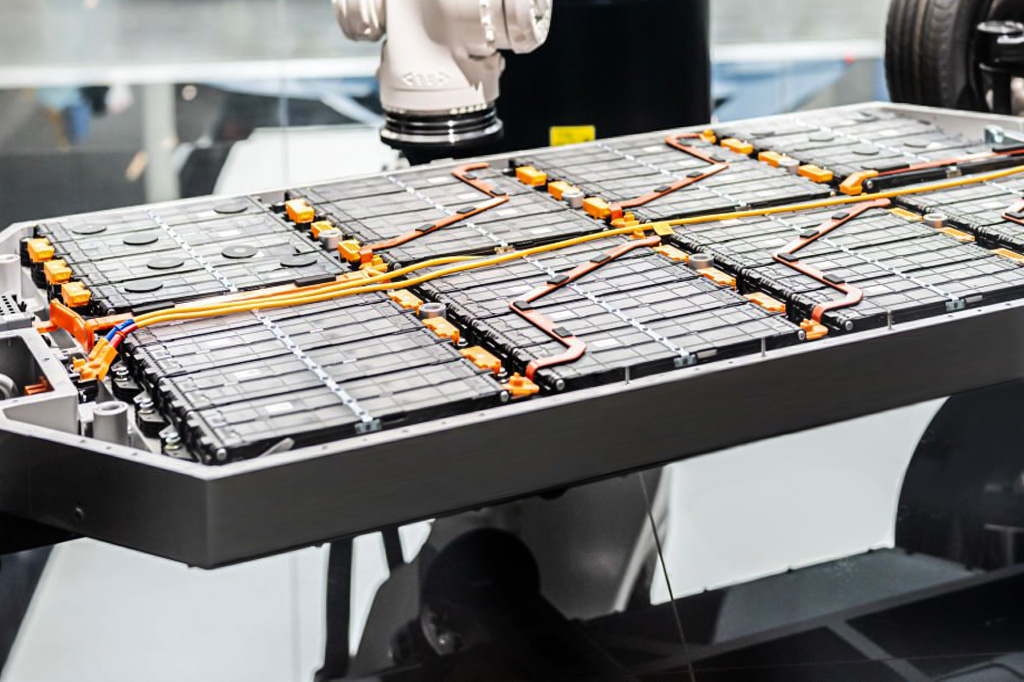
Busbar Technology: Enabling EV Performance & Safety
Electrical Busbars are evolving in both form and function to meet the needs of modern EV architectures. Their role extends beyond simple current distribution, contributing directly to vehicle safety, thermal management, and energy efficiency.
Key Developments in Busbar Engineering:
- Materials Innovation:
Hybrid copper-aluminium busbars are being adopted for their combination of high conductivity, weight reduction, and thermal performance—key enablers for next-gen EVs. - Advanced Manufacturing:
High-precision processes like 3D CNC bending, laser welding, and automated forming improve dimensional control and enhance long-term reliability. - Custom Insulation Solutions:
Depending on application and voltage class, busbars now employ heat shrink tubing, PVC dip coating, or polyimide (PI) film lamination, offering application-specific protection. - Thermal & Electrical Optimization:
With growing current loads and compact packaging, busbars must now manage both electrical continuity and thermal dissipation more effectively—especially in high-performance EV powertrains. - Localized Global Supply:
Suppliers capable of supporting OEMs across multiple regions, with local certification, design adaptation, and just-in-time delivery, are becoming strategic partners in global vehicle programs.
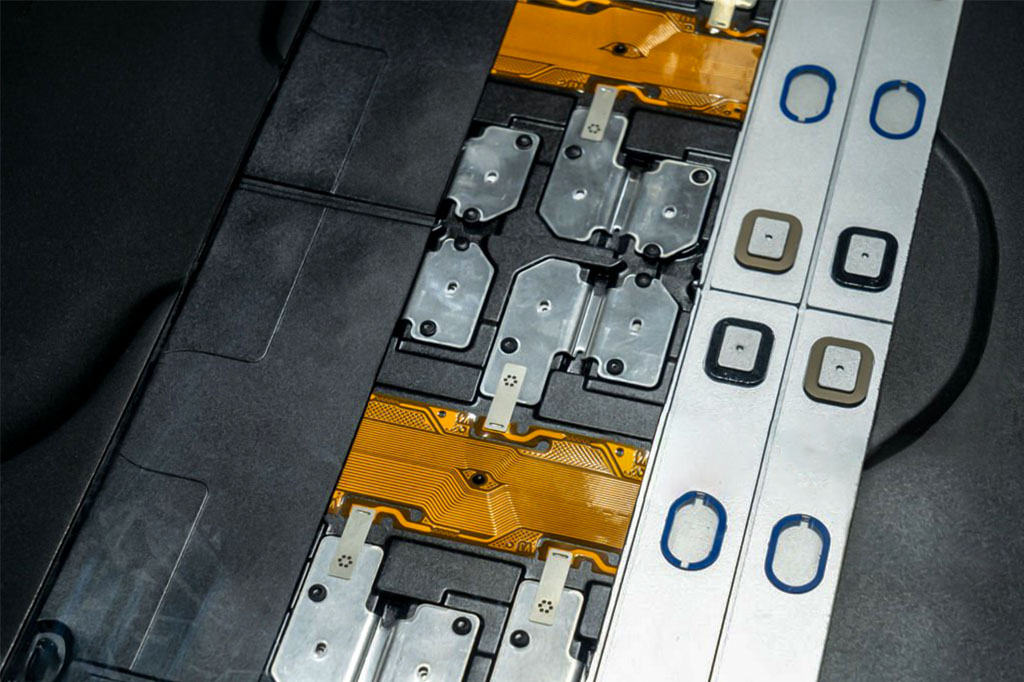
Outlook: Powering a Sustainable NEV Future
The first half of 2025 illustrates a maturing NEV ecosystem—marked by regional diversity, intensifying competition, and accelerating technological demands. As vehicle platforms scale up in volume and complexity, electrical components like busbars will play a central role in ensuring both system performance and safety.
At the same time, supply chain agility and engineering innovation will be critical differentiators for manufacturers aiming to meet evolving global standards and market expectations.
About RHI
RHI is a trusted partner to global NEV manufacturers, specializing in the design, development, and delivery of high-reliability busbar systems. With deep expertise in EV battery architectures and advanced manufacturing capabilities, RHI provides tailored power connection solutions that meet the rigorous demands of next-generation electrified mobility.
From prototype to mass production, RHI supports global OEMs with flexible supply strategies, localized support, and a strong commitment to quality and innovation.






